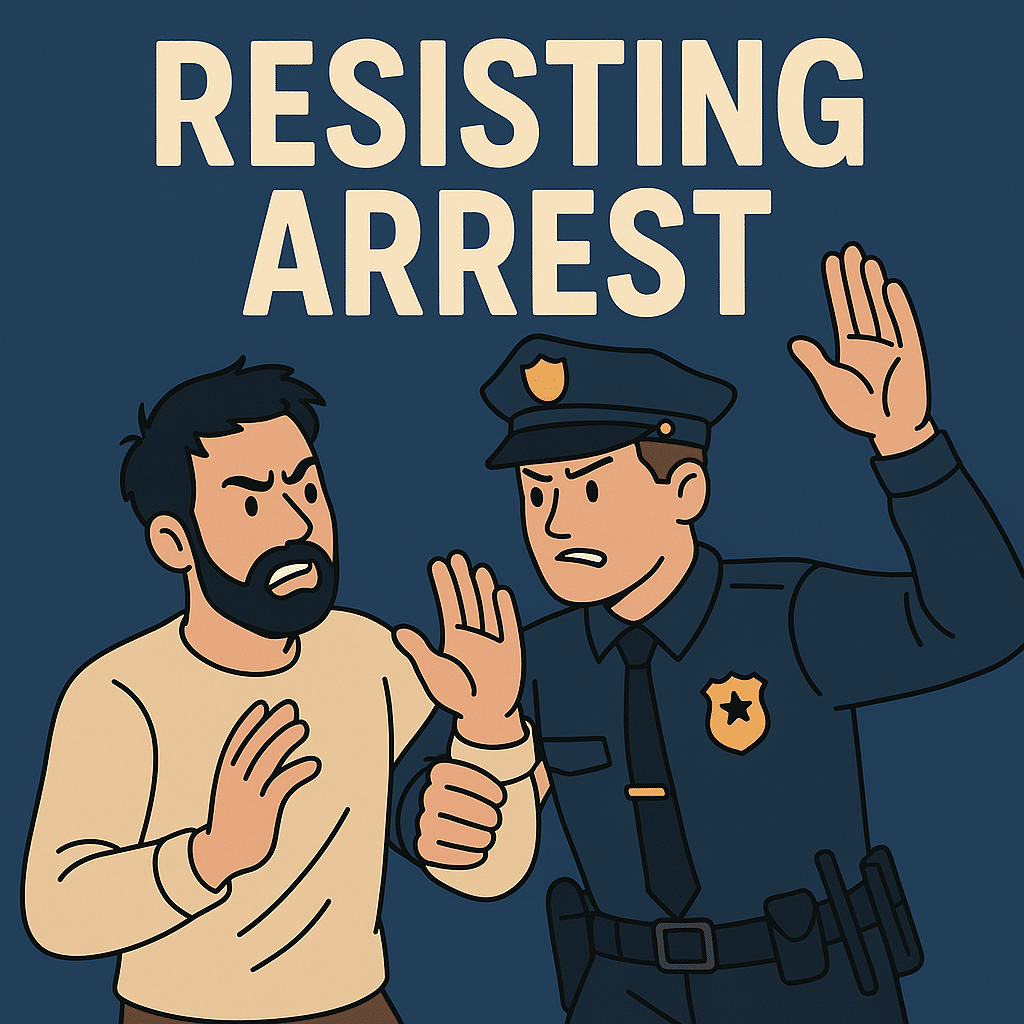
What to Know About Resisting Arrest Laws in Maryland
Resisting arrest is a serious charge in Maryland that can have lasting consequences on your criminal record and freedom. Understanding what the law defines as “resisting arrest,” the possible penalties, and your rights is essential if you’re facing this allegation—or trying to avoid one. Here’s what you should know.
What Is Resisting Arrest?
Resisting arrest is classified as a criminal offense in Maryland. It generally involves intentionally preventing a law enforcement officer or peace officer from lawfully placing someone under arrest. According to the Maryland Criminal Code, this can include behaviors that interfere with or obstruct officers in the execution of their lawful duties, which may also lead to additional charges like obstruction of justice.
What Actions Constitute Resisting Arrest?
Not every interaction with police counts as resisting arrest. Maryland courts typically require clear evidence of intentional resistance. Examples include physically pulling away, using force or threats, attempting to flee the scene, or actively interfering with official duties. Passive noncompliance, like refusing to speak or walking away slowly, might not rise to the legal threshold—but it can still lead to escalation.
What Are the Penalties for Resisting Arrest in Maryland?
In Maryland, resisting arrest is a misdemeanor punishable by up to 3 years in jail and a fine of $5,000. Even though it’s not a felony, a conviction adds a permanent mark on your arrest record and can affect employment, security clearances, and future court proceedings. The Maryland Criminal Code provides no mandatory minimum sentence, so outcomes can vary significantly depending on the circumstances.
What Defenses Can Be Used Against Resisting Arrest Charges?
There are several potential defenses to resisting arrest in Maryland. One of the most important is that under Maryland common law, a person has the right to resist an unlawful arrest—particularly one conducted without a warrant and without legal justification. If an arrest is made unlawfully, the person being arrested may legally resist using reasonable force. Additional defenses include self-defense (if excessive force was used by police), lack of intent, and mens rea—that the accused did not have the mental state required for conviction. Defense of others may also apply in some cases.
Get Help from a Maryland Criminal Defense Attorney
If you’ve been charged with resisting arrest in Maryland, it’s crucial to act quickly. The legality of the arrest, the conduct of law enforcement, and your response can all be key to building a strong defense. Contact Southern Maryland Criminal Defense today for a free consultation and experienced legal guidance tailored to your situation.
